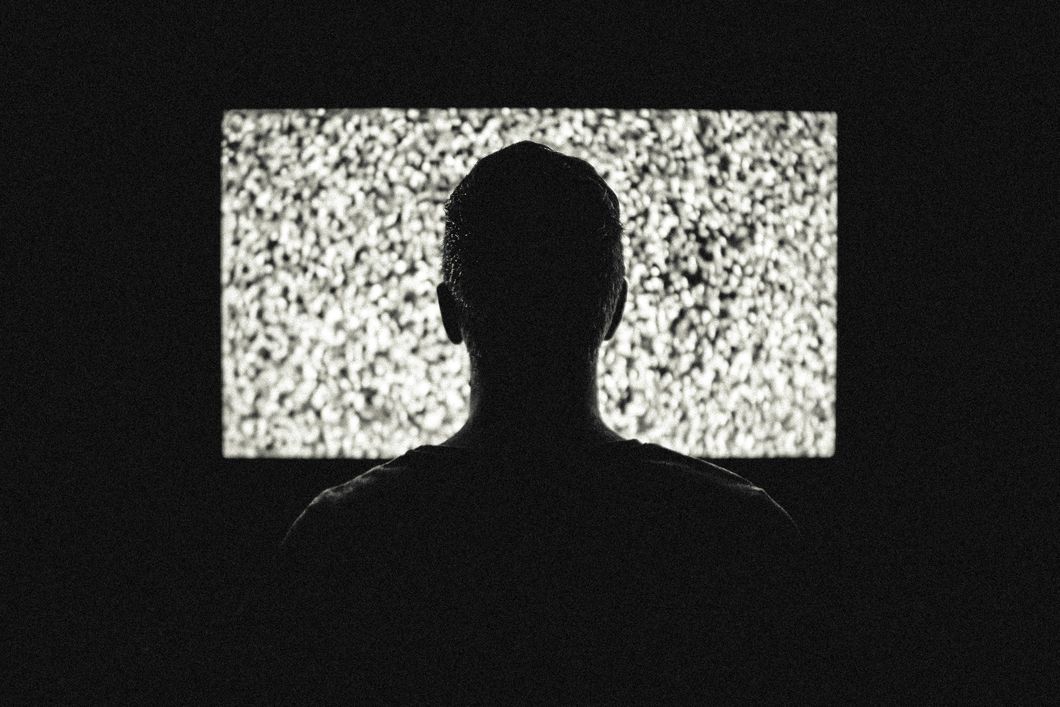As horror film remakes and movies filled with simple ideas and tacky jump scares fill movie theaters, Jordan Peele's films bring a fresh and uniquely terrifying take on horror, perfectly coined as "social thrillers."
Following the surprising and highly acclaimed movie 'Get Out', Peele was under pressure to release something equally amazing for his second production to beat the 'sophomore slump' of filmmaking.
As 'Us' hit theatres it not only blew away box offices during its opening weekend, bringing in more than double the budget but shocked and terrified viewers, leaving many people wanting to know more about Peele's mind and inspiration for the film.
I loved this movie so much I saw it three times, and during those viewings, I noticed more and more about some of the hidden pieces of symbolism and overall themes included: Duality, Nature V Nurture, and the United States Class System.
The theme of duality is weaved throughout the film within every scene. The main protagonist Adelaide and her family including her husband Gabe and two children Jason and Zora are faced with a family dressed in red that looks exactly like them. The family members are exact doppelgangers, except for personality traits and differences in behavior, including the Red family bearing pairs of golden scissors. The Red family is framed as evil in comparison to the 'good' Wilson family.
But this movie reveals that this family is 'tethered' to each other, meaning each member shares a soul with the other. Duality is about being more than just one thing, and in this case, means there is more than meets the eye. Although the Red family seems to be purely evil, the more that is uncovered about their life and backstory, the more facets of them are uncovered, and the more human they become. Simultaneously, the Wilson family is shown to be dual in their own darker ways. Peele uses images of duality in every scene of 'Us', from the repeating of 11:11, to the twins, and many images of looking into mirrors and seeing themselves reflected.
The time old scientific debate of Nature V. Nurture has never been given an absolute answer. Peele tackles it in a twisted way that takes careful examination to reveal. Peele places evidence and a strong argument for both nature and nurture. Adelaide is revealed to be a different person than expected, but her demeanor, behavior and more seemingly match that of her family and everyone else, showing the results of nurture from her world and family. Alternatively, Red, her doppelganger, still behaves remarkably like her family and other humans as well as maintaining numerous personality indicators, which demonstrates her nature.
Because of Adelaide and Red's connection, their respective sons, Jason and Pluto, have a striking connection to each other. Although Pluto is too burned to talk, we can tell he has something to say and has feelings and emotions much stronger than other tethered. The two boys act so similar and are so connected, it becomes difficult to imagine Pluto being somehow evil or less deserving of life, compared to Jason. Both of them are results of nature and nurture mixed together, creating a brand new take on the debate itself.
The theme of the Class System is certainly the most debatable and hidden. The film only alludes and conceptually hints toward the current state of the U.S. and the Class system that currently stands. The Wilson family is seemingly well off, and could easily be categorized as middle to upper class, owning a beach home and affording trips, compared to their tethered, living sad and painful lives. Understanding where the tethered live, and how they are forced to such desolate conditions, viewers most likely wondered why more tethered did not try to come to the surface as young Adelaide did. In the U.S. many people also ask why people who fall in the lower-class financially don't "pull themselves up by their bootstraps" and work towards achieving financial success. In both situations, a huge issue lies in the way society prevents people from escaping situations, many times without any physical barriers.
In the U.S. and in the world of 'Us', children are born into their class (lower-class or the tunnels) and must start so far behind those above that mobility becomes nearly impossible. Although the tethered may be able to walk and leave, their whole life is teaching them that they belong in the tunnels and nothing shows them otherwise, until Red proposes her plan. Similarly, the lower class often has so many setbacks, combined with the U.S. poverty levels, which have become incredibly deep, that mobility is not only remarkably hard, but not at the forefront of importance like survival is.

















